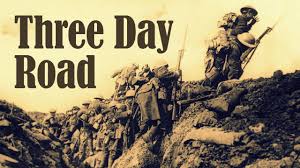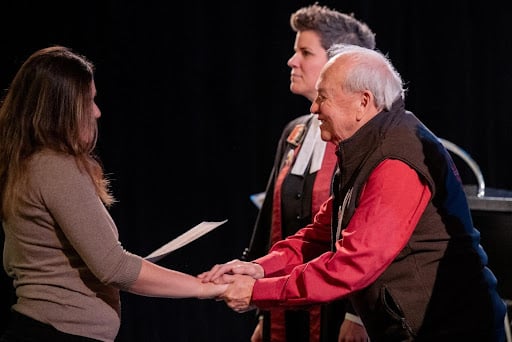
"As Rabbi Jonathan Sacks has written, there is a difference between history and memory: “History is information. Memory, by contrast, is part of identity… Memory is the past as present, as it lives on in me.” Survivors, witnesses, the descendants of those who lived through [histories], and all those who learn about [these histories] today face the question of how to remember the past and how that memory might shape our understanding of ourselves and our present world" (Holocaust and Human Behavior, Facing History and Ourselves, 2017. p. 598).
In his testimony sharing,teaching and life, residential school survivor, and self-described victor, Theodore Fontaine frequently explored how memory lives on in the present: His family’s love, the horrors of residential schooling, the joys of friendship, and the healing power of connection shaped and reshaped his life, his teachings and his works. In so sharing, those who listened became witnesses to his experiences, and many were transformed as a result.
The following interviews build on our event, Learning from Theodore Fontaine: A Call for Lasting Change, and draw on the voices of additional friends and colleagues whose life and work act as living examples of Theodore’s teachings, his legacy and calls to action. We hope that these interviews will prompt deeper learning from Theodore and inspire readers to consider how his testimony and legacies might shape our understanding of ourselves and the choices we make.
To watch his recorded testimony, please check out our blog, Honouring and Remembering Chief Theodore Niizhotay Fontaine.
As you read these interviews:
- What insights do you gain about Theodore’s legacy and his hopes for the future?
- What questions do the interview responses raise for you about yourself or the world around you?
- How do the responses extend or challenge your thinking about the possibilities for living with trauma, hope and healing?
- How are you reflecting on the possibilities for healing, hope and courage after trauma, as you read these reflections?
For Ted, real reconciliation came through everyday acts of generosity and kindness. Our breakfast meetings were often punctuated by Ted recognizing passers-by and stopping them for a quick hello and always a joke... He connected, related, and celebrated their shared existence, and thereby cultivated knowledge and nurtured learning..."
- Andrew Woolford
|
Read More
Topics:
Survivor Testimony,
Canada,
Residential Schools,
Canadian History,
Indigenous History,
Indigenous,
stolen lives,
student activism,
Action
We are all treaty people, and it is important that we understand the role and significance of treaties and our responsibility to these important agreements. Across Canada, treaty days offer opportunities for celebration, teaching and improving our understanding of treaties. In Ontario, this takes place during the week of November 1-5.
In preparation for this week, we have worked with educator Andrew McConnell (Anishinaabe/English, member of Nipissing First Nation) to publish a list of resources to support you with your learning and planning.
Read More
Topics:
Canada,
Indigenous History,
Indigenous,
Treaty,
Decolonizing Schools,
Treaties Recognition Week
In this post, Social Studies teacher Lindsay Hutchison and Math, Science and Careers teacher Mariam Hazhir reflect on their teaching following the murder of George Floyd last June and share how they seek to practice antiracist educator mindsets, foster reflective conversations about racial inequity as allies, encourage critical consciousness and outline five principles that teachers of all disciplines can practice.
Read More
Topics:
Choosing to Participate,
Canada,
reflection,
Equity in Education,
anti-racism
Earlier this week, it came to our attention that the supports that we have been offering to Canadian educators seeking to address the murder of George Floyd, and Canada's anti-Black racism with students aren't as accessible and visible as they should, and need to be.
Read More
Topics:
Canada,
Learning,
Racism
This spring, Facing History and Ourselves, in partnership with the Azrieli Foundation Holocaust Survivors Memoir Program, invited 175 students from 6 schools to layer onto their learning about the history and legacies of the Holocaust, or of Canada's Residential Schools by reading Survivor memoir. Students read Theodore Fontaine’s Memoir Broken Circle: The Dark Legacy of Indian Residential Schools, or excerpts of Nate Leipciger’s Memoir The Weight of Freedom, then created pieces that reflected their understanding and responses to these testimonies, which were gifted to each Survivor.
Read More
Topics:
Toronto,
Holocaust,
Memoir,
Facing History and Ourselves,
Survivor Testimony,
Canada,
Residential Schools,
Canadian History,
Student Work,
project,
genocide,
Holocaust and Human Behaviour,
reflection,
Connected Learning,
Grade 10 History,
HSB,
CHC,
difficult conversations,
trc,
stolen lives,
facing history pedagogy,
Azrieli Foundation Memoirs,
Decolonizing Schools,
Holocaust History in Canada,
Facing Canada,
cross curricular teaching and learning,
collaborative inquiry
In my grade 10 Canadian history class, I often used excerpts from Joseph Boyden’s Three Day Road to explore what life was like for soldiers during WWI. In this novel, protagonist Xavier Bird returns to Northern Ontario in 1919 after fighting in France and Belgium. He is met by his aunt Niska, an Oji-Cree woman, and the two travel back to their village. On this journey, the two recount traumatic experiences from their past - Xavier as a soldier returning from the front and Niska as a survivor of residential schools.
Read More
Topics:
Canada,
Canadian History,
Truth and Reconciliation,
Indigenous History,
Book,
Indigenous,
English Classroom,
big paper,
English,
Grade 10 History,
CHC,
difficult conversations,
trc,
stolen lives,
settler educators
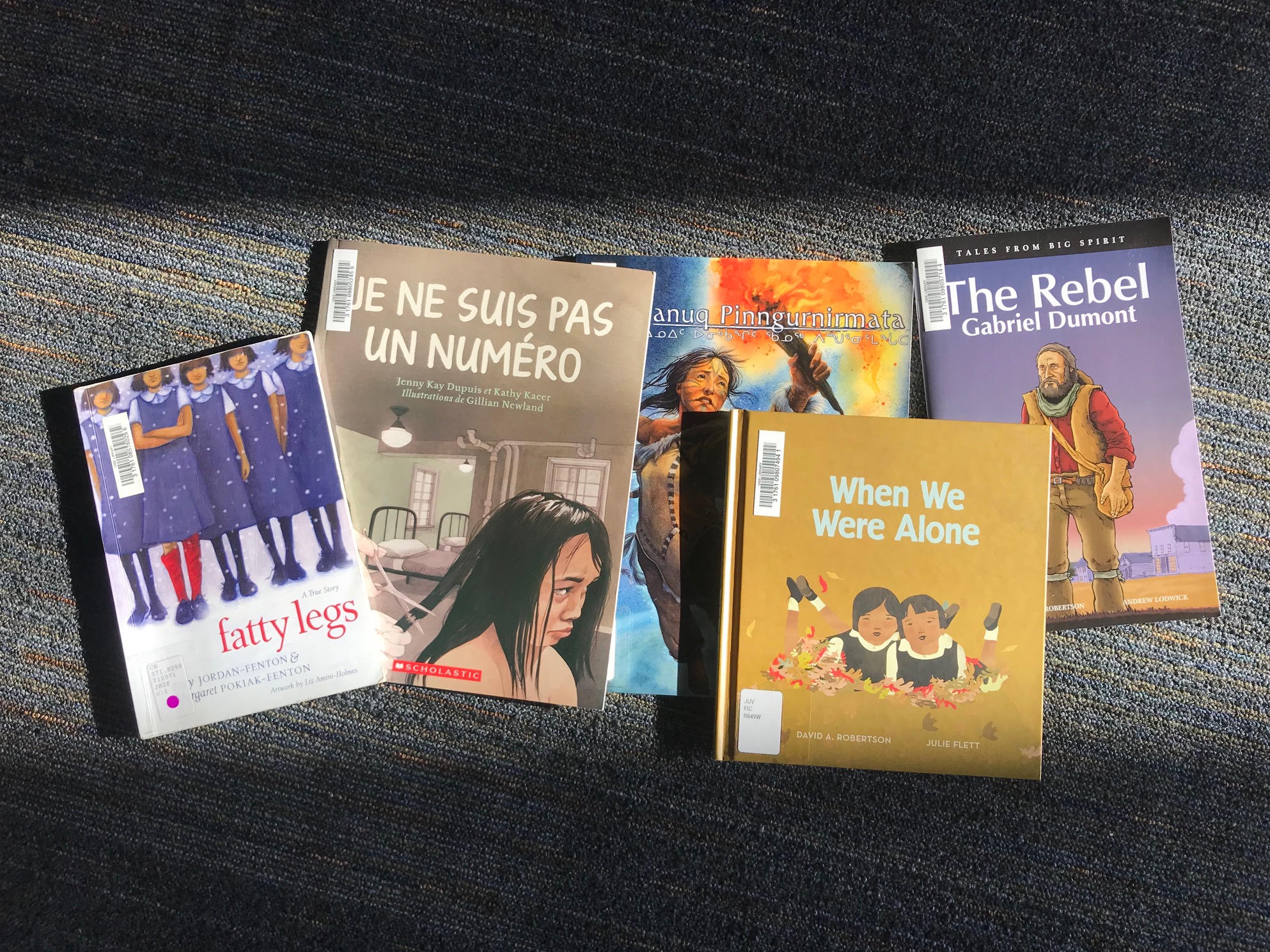
A sampling of Indigenous authored resources for K-12 classrooms from the OISE library. [Photo courtesy of Desmond Wong.]
In a talk titled, What is Reconciliation, Chair of the Truth and Reconciliation Commission, Senator Justice Murray Sinclair, reflects:
“It took us a long time to get to this point, in terms of the relationship between Aboriginal people and this country. Seven generations of children went through the residential schools. And each of those children who were educated were told that their lives were not as good as the lives of non-Aboriginal people of this country. They were told that their languages and culture were irrelevant...at the same time that was going on, non-Aboriginal children...were also being told the same thing... So as a result, many generations of children...have been raised to think about things...in a way that is negative when it comes to Aboriginal people. We need to change that.”
Including Indigenous voices, worldviews and resources into classrooms throughout Canada is an essential part of that change. In doing so, it is equally essential to bring a breadth of resources into classrooms so students encounter a diversity and depth of lived experiences. The following post, written by Ontario Institute of Studies in Education librarian, Desmond Wong, helps us to do that.
Read More
Topics:
Books,
Canada,
Best of...,
Indigenous
On International Holocaust Remembrance Day, and indeed everyday, it is important to remind ourselves of how important it is that we learn about the Holocaust and hear the stories of Holocaust survivors.
Read More
Topics:
Holocaust,
Holocaust and Human Behavior,
Canada,
Holocaust Education,
genocide


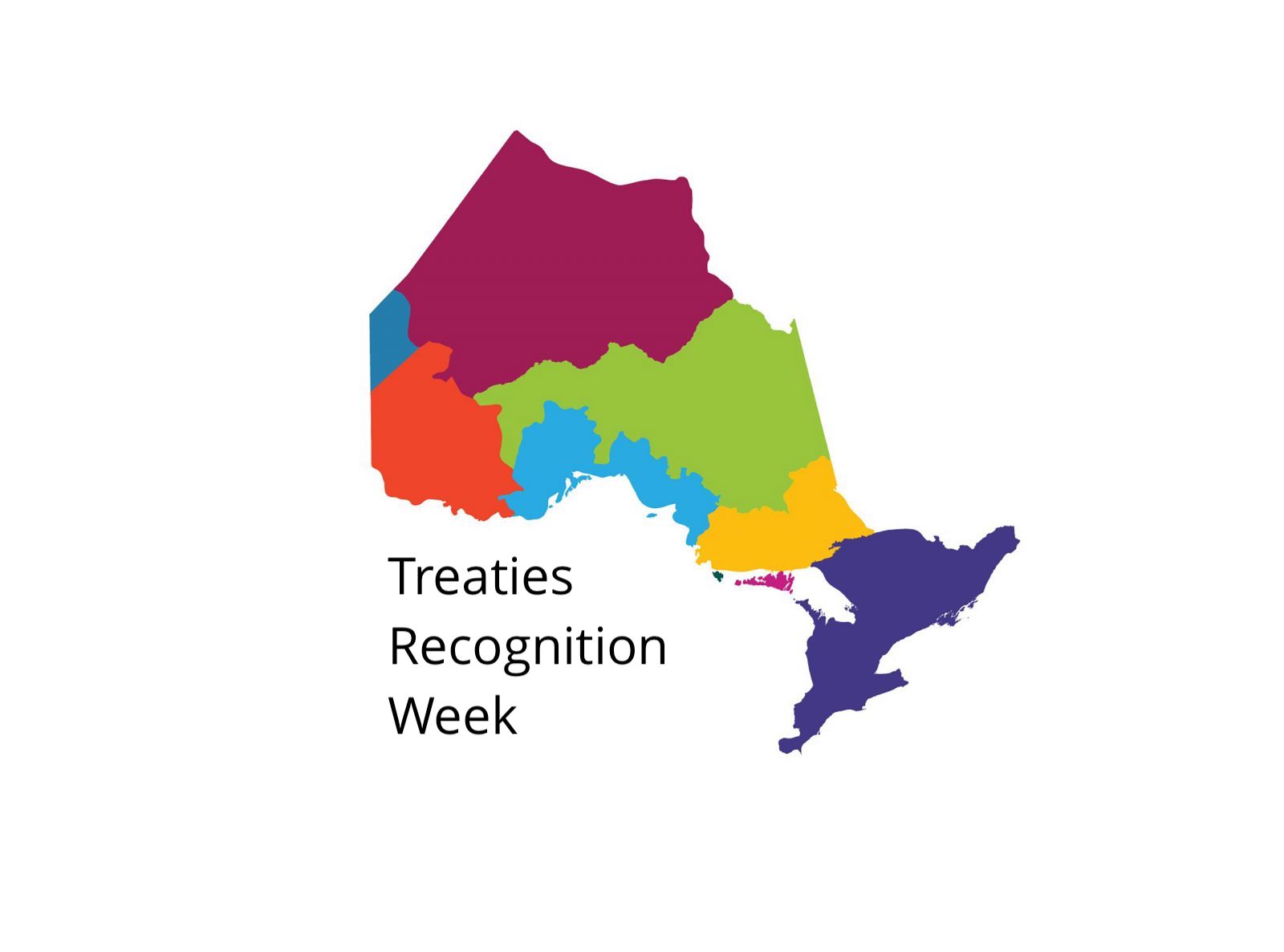
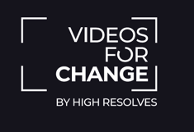
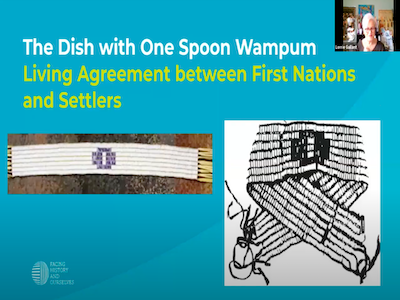


.jpeg)
